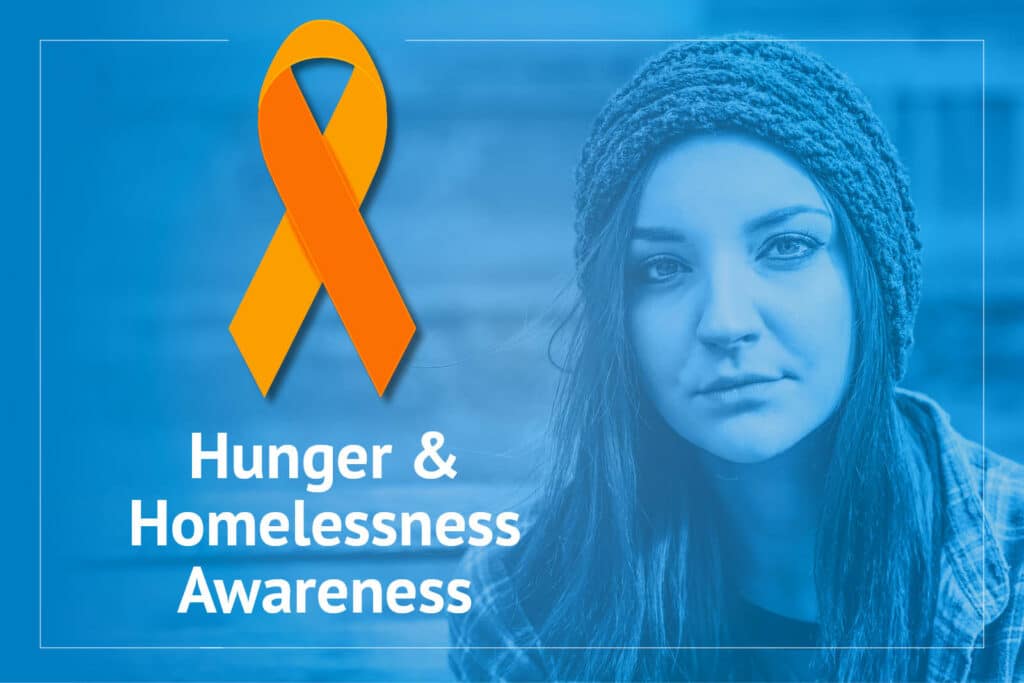What causes homelessness?


Homelessness is unique for each person experiencing it.
Homelessness is both the cause and effect of other problems, ranging from chronic substance abuse, financial instability caused by unemployment or underemployment, mental illness, domestic abuse, and more. Most often, it is a complex set of circumstances, choices and traumas that lead a person to this point.
WHY ARE PEOPLE HOMELESS?
Foreclosure. Recently, foreclosures have increased the number of people who experience homelessness.
Poverty. Homelessness and poverty are inextricably linked. Poor people are frequently unable to pay for housing, food, childcare, health care, and education. Difficult choices must be made when limited resources cover only some of these necessities.
Eroding Work Opportunities. Reasons why homelessness persists include stagnant or falling incomes and less secure jobs which offer fewer benefits.
Decline in Public Assistance. The declining value and availability of public assistance is another source of increasing poverty and homelessness. Federal and state cuts have affected those in our communities without other resources.
Domestic Violence. Battered women who live in poverty are often forced to choose between abusive relationships and homelessness.
Mental Illness. Mental illness is becoming a rapid reality in this country and our community as well. It is a significant contributor to homelessness. Serious mental illnesses disrupt people’s ability to carry out essential aspects of daily life, such as self-care and household management. Mental illnesses may also prevent people from forming and maintaining stable relationships or cause people to misinterpret others’ guidance and react irrationally. This often results in pushing away caregivers, family, and friends who may be the force keeping that person from becoming homeless.
- 20 – 25% of the homeless population in the United States suffers from some form of severe mental illness (in comparison, only 6% of Americans are severely mentally ill.)
- Serious mental illnesses disrupt people’s ability to carry out essential aspects of daily life, such as self-care and household management.
- Mental illnesses may also prevent people from forming and maintaining stable relationships or cause people to misinterpret others’ guidance and react irrationally. This often results in pushing away caregivers, family, and friends who may be the force keeping that person from becoming homeless.
- As a result of these factors and the stresses of living with a mental disorder, people with mental illnesses are much more likely to become homeless than the general population.
- Poor mental health may also affect physical health, especially for people who are homeless. Mental illness may cause people to neglect taking the necessary precautions against disease. When combined with inadequate hygiene due to homelessness, this may lead to physical problems such as respiratory infections, skin diseases, or exposure to tuberculosis or HIV.
- Many of the homeless population in the United States also suffers from substance abuse and dependence. Some mentally ill people self-medicate using street drugs, which can lead not only to addictions, but also to disease transmission from injection drug use. This combination of mental illness, substance abuse, and poor physical health makes it very difficult for people to obtain employment and residential stability.
Addiction Disorders. The relationship between addiction and homelessness is complex and controversial. While rates of alcohol and drug abuse are disproportionately high among the homeless population, the increase in homelessness over the past two decades cannot be explained by addiction alone. Many people who are addicted to alcohol and drugs never become homeless, but people who are poor and addicted are clearly at increased risk of homelessness.
What Do You Need?
24-HOUR CRISIS LINK:
920-923-1700 or 1-800-852-9571
If your life and safety are in immediate danger,
call 911 right now.
For Safe Shelter & Flee Support:
Call 920-923-1700 or email us


